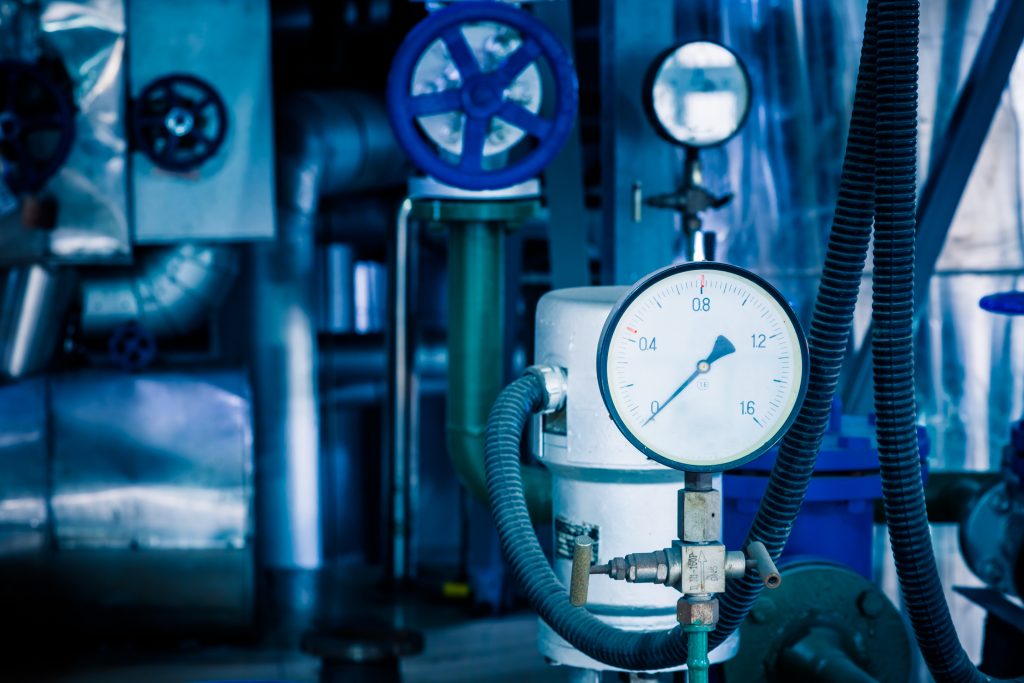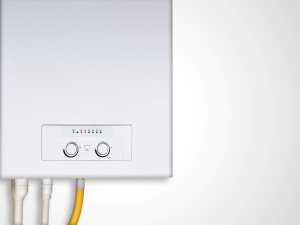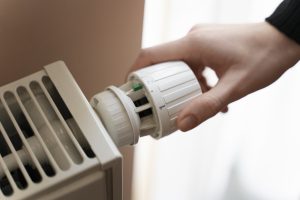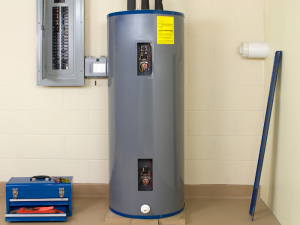Remember the days of waiting for the water to run until the heat would finally flow through?
Well, those are times past. Now, a simple hot water circulator pump can replace the inconvenience and put less pressure on resources. Reducing a carbon footprint in comfort starts with a good circulator pump.
Whether you already have a unit or are planning an upgrade, it’s useful to consider your options. Understanding how the pumps work can help you determine the best course of action.
Accordingly, this article serves as a one-stop research spot for devices.
Continue reading to learn more. If you need help repairing or replacing your circulation pump, don’t hesitate to contact one of our talented team members at Clover Contracting. Our team is up-to-date on the latest techniques for repairing, replacing and installing any aspect of your heating systems, and is more than happy to help.
How Does a Water Circulation Pump Work? — An In-Depth Guide For Homeowners
If you’re asking, “What is a circulator pump?”, this is the right place to be.
Water circulation pumps (also known as recirculating pump water heater units) operate by crafting a loop between the heater and the outlet with the pump and then back to the heater.
The cyclical structure allows for increased efficiency, meaning hotter water sooner. Pumps can go near any faucet, though the most popular ones are kitchen and shower water outlets.
Circulator Pump Function
When it comes to questions like, “How does a circulator pump work?”, the answer’s a bit more involved.
At the site of the pump, a motor operates, controlled by activating the circuit to which it connects. The motor forces an impeller unit—a component with blades that lives in the pump housing. It has blades that rotate and create a vortex effect. This pulls the hot water from the heater and through the pipes, ultimately leading to the faucet.
The drain outputs the water in a standard manner because it’s connected to a different set of pipes. Circulator pumps keep the input water hot by regularly passing the warm water over a series of hot pipes. It means that it prevents the water used for showers or washing hands from ever getting cold.
Fun Facts About Circulation
There are a lot of tidbits you might have heard about circulation pumps, but some hidden gems remain. These include:
- Savings of up over 1,000 gallons of water per individual every year.
- Surprisingly, modern pumps are pretty smart. Energy-efficient ones allow users to control the hours of operation to reduce costs and lower their carbon footprint.
- The popularity of these devices drives innovation, with improved models regularly getting introduced to the market.
Benefits of Using a Hot Water Circulator Pump
The clear benefit is the presence of hot water on demand. A luxury that seemed distant mere decades ago, there’s no shortage of things to appreciate about these devices.
Among these benefits are:
Immediate Availability
The top perk of having a hot water circulator pump is the rapid access to hot water. There’s nothing less pleasant on a cold morning than a lukewarm shower.
Instead of wasting time with a cold sink, the pump lets you get hot water right away. It can help reduce the time it takes to get ready in the morning or to just wash your hands comfortably. These savings add up to more time for you.
Energy- and Cost-Savings
Time isn’t the only thing that a quality hot water circulator pump can save. Because the units spend less water and less energy heating it, the carbon footprint is proportionately lower. This results in a healthier environment, but also in fewer expenses on power bills.
Regardless of how the house sources its energy, it requires fewer Joules to operate than a standard boiler system.
Longer Shelf Life
Whenever you use any appliance (especially those using power and water) there is natural wear and tear. It’s expected and natural, like the aging process. But it doesn’t mean that there aren’t ways to reduce the strain on your home.
A circulator pump limits the quantity of water, the strain on the heater, and the back-and-forth cycle of hot and cold. This means fewer opportunities for water to stale in your pipes. It also means less opportunity for your water heater to corrode.
Increased Comfort
Nothing’s more comfortable and luxurious than a warm shower. It washes away the day and lets you take advantage of the most modern amenities of the home. We’ve come a long way since boiling pots over a flame.
Downsides of Using a Water Circulator Pump
Nothing is without its disadvantages. When it comes to hot water circulation pumps, there are a few roadblocks you might encounter. For one, there’s a cost associated with purchasing and installing the unit. The good news? You can reach out to your local plumber and HVAC technician to get the advantage of more affordable appliances and quicker installation.
Another consideration is the noise factor. Some circulator pumps make a racket (but it’s usually short-lived). Consider your comfort level with sounds before pulling the trigger on a decision.
Finally, it’s worth noting that any appliance requires care and maintenance. Provided you’re willing to follow the warranty, it’s a pretty straightforward process.
Reach Out to The Experts Today
The best way to determine if your home can benefit from a hot water circulator pump is to talk to the experts. There are plenty of different appliances, all claiming to be the leader of the industry. In truth, everyone has a unique set of needs to suit their finances, lifestyle, and plans.
An HVAC and plumbing professional is able to provide relevant data like prices so that you can make a fully informed choice. They can help guide you to the right unit, get it set up, and help you schedule a maintenance plan. It’s always a good time to learn what options are available. Contact the Clover Contracting team to learn more about what solution best fits your needs.




